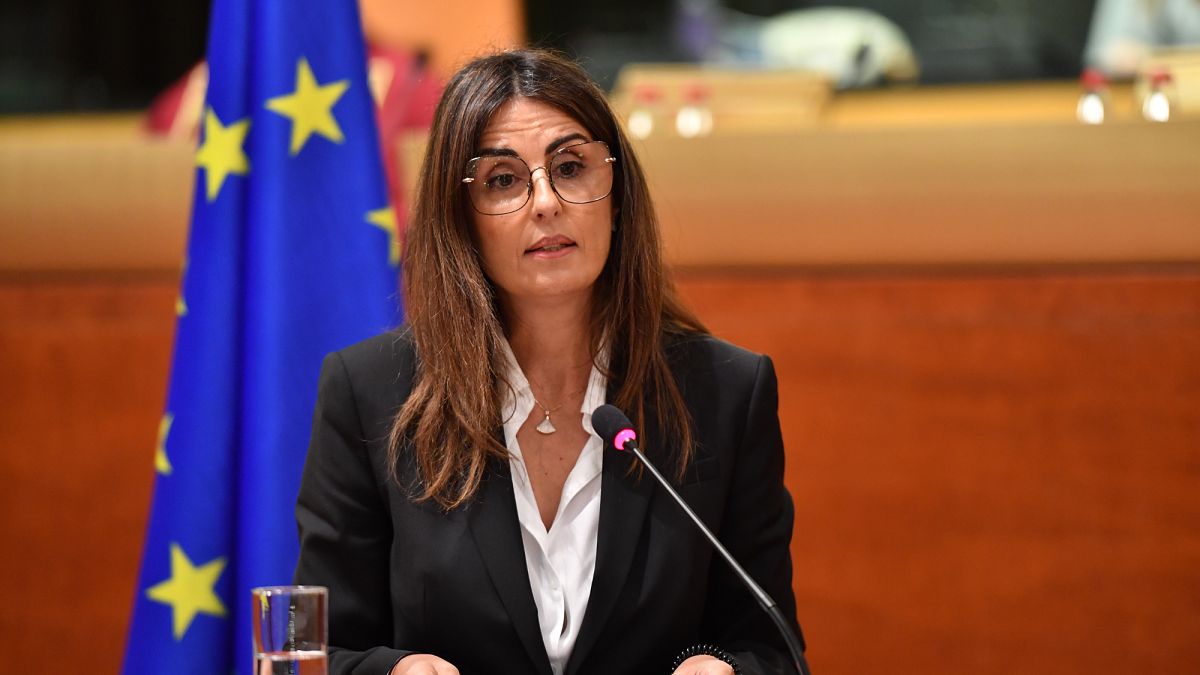Published on
The new European Ombudswoman has called on EU institutions to take a more proactive approach to improving transparency, following a rise in complaints about the issue.
Teresa Anjinho, who began her mandate in February at the body responsible for holding the bloc’s institutions and agencies to account, told Euronews that change was needed.
“More can be done, especially at the European Commission, because there are successive delays in the delivery of documents,” Anjinho said. “Access to information, which is often delayed, is then denied.”
According to the Ombudswoman’s latest annual report, the bloc’s lack of transparency is the biggest concern for EU citizens.
“You can see that we had one of the biggest increases in complaints in the area of transparency. 42.2% of complaints are in the area of transparency, essentially access to documents,” Anjinho explained.
Anjinho stressed that she stood with citizens in her role as the head of the Ombudswoman’s Office.
“We are not mere administrative watchdogs. We are and must be a guardian of European citizenship and the citizen’s right to participate,” she said.
Anjinho also noted that “the Ombudswoman’s Office is an independent institution that acts as a bridge between citizens and the institutions; we are in the middle and what we serve is good European administration”.
“Any institution, be it (European) Parliament, the Commission or the Council, if it understands this, will always realise that it has an ally in the Ombudswoman’s Office in terms of good administration. The fact that we criticise does not have to harm institutional relations,” she added.
Under her predecessor, the Ombudswoman’s Office was involved in complaints against European Commission President Ursula von der Leyen regarding messages at the heart of the so-called “Pfizergate” scandal, linked to the purchase of vaccines during the COVID-19 pandemic.
Anjinho is now launching her own inquiry into the issue of “revolving doors”.
It will examine whether former public officials who transition into lobbying or private sector roles may benefit from their previous positions, potentially creating a conflict of interest between public service and private gain.
Read the full article here


